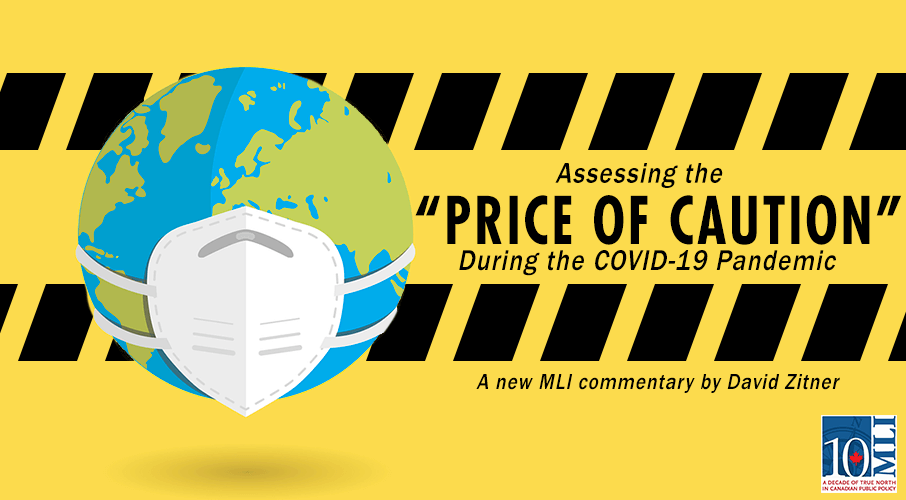 OTTAWA, ON (August 13, 2020): The COVID-19 pandemic has exposed weaknesses in our health care systems, but to what extent remains unclear. Moreover, our overly cautious response to the virus may be exacerbating these weaknesses rather than alleviating them.
OTTAWA, ON (August 13, 2020): The COVID-19 pandemic has exposed weaknesses in our health care systems, but to what extent remains unclear. Moreover, our overly cautious response to the virus may be exacerbating these weaknesses rather than alleviating them.
In a new MLI commentary titled, “Assessing the ‘price of caution’ during the COVID-19 pandemic,” health informatics expert Dr. David Zitner suggests that Canadian communities and policy-makers need much improved health care information systems in order to better inform their decisions.
In the first phases of the pandemic, Canadians were warned of an impending spike in hospitalizations. To prepare, administrators delayed many routine and even urgent diagnostic and therapeutic procedures. In many hospitals, Zitner observes, the expected spike did not occur. Instead, “[p]eople were harmed because they could not receive, or did not seek, timely and appropriate care.”
Yet the collateral effects of a quarantine or lockdown are not all necessarily negative. For instance, less travel would reduce the number of traffic accidents or deaths, while social distancing to prevent COVID-19 transmission would also lessen the spread of other infectious diseases. Even lack of access to health care could help to avoid unnecessary surgeries or treatments.
However, with insufficient data, especially in Canada, it is impossible to know for sure. Governments simply do not collect this information.
“A rational system,” in Zitner’s words, would record and report information such as the excess mortality unrelated to COVID-19, the characteristics of people harmed because they had to wait too long for access to health care, or those who benefited from lack of access by avoiding unnecessary and potentially harmful care. “However, neither provincial health departments, nor the federal government are reporting this information,” Zitner observes.
Other questions we should be asking include: “What are the mental health (including suicide) consequences of shutting down an economy? What are the health consequences of reducing routine hospital capacity to cater to potential COVID cases? What has been the overall economic costs?”
The problem with our pandemic response is not simply that policy-makers lack the knowledge or expertise in medicine or epidemiology. Even if they know the pertinent questions to ask, there is no standardized collection of the information needed to evaluate our situation. Compared to our provincial and federal governments, Zitner claims, “Amazon, Costco, Facebook, and Google are way ahead!”
Without the correct information, policy-makers are much less likely to make the right decisions. With the potential for a second wave of COVID-19 on the horizon, ensuring we get the right approach which balances competing needs is more important than ever.
Read the full commentary here.
***
Dr. David Zitner, a retired family physician, was a professor and the founding director of the Graduate Program in Health Informatics at Dalhousie University.
For more information, media are invited to contact:
Brett Byers
Communications and Digital Media Manager
613-482-8327 x105
brett.byers@macdonaldlaurier.ca




